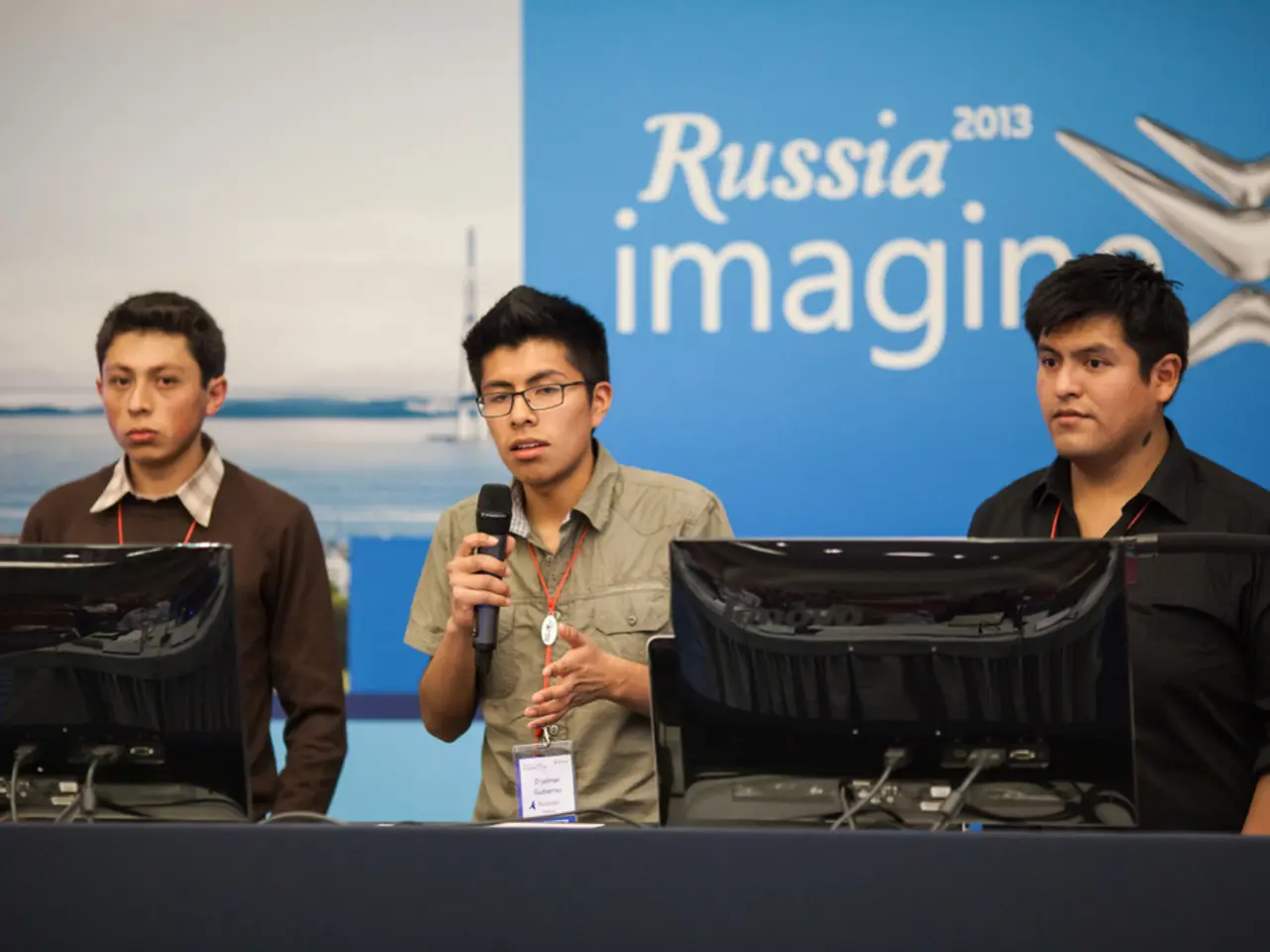Restrictions imposed on WhatsApp and Telegram calls in Russia under the pretext of fighting criminal activities
Russia Imposes Restrictions on WhatsApp and Telegram Calls, Raising Concerns over Privacy and Freedom of Speech
Russia's digital ministry has announced partial restrictions on calls on the messaging apps WhatsApp and Telegram, citing concerns about criminality and non-compliance with Russian legislation regarding data access[2][3][5].
Implications for Privacy and Freedom of Speech
The restrictions on WhatsApp and Telegram have significant implications for privacy and freedom of speech in Russia:
- Privacy Concerns: By requiring international platforms to share data with Russian authorities, there is a heightened risk of surveillance, potentially infringing on users' privacy rights[3]. This aligns with broader efforts to monitor and control digital communications.
- Freedom of Speech: Limiting access to popular messaging platforms reduces the avenues through which citizens can communicate freely and express themselves. This restriction can be seen as an attempt to curtail dissent and opposition voices by forcing users onto platforms where the government has more control[1][4].
- Digital Sovereignty: The push for a sovereign internet, as expressed by President Putin, aims to increase state control over digital ecosystems. This involves promoting domestic platforms like the newly launched messaging app Max, which are subject to Russian legislation and oversight. This move can lead to a more restricted internet environment, impacting both privacy and freedom of expression[3].
Industry Responses
Telegram, in a statement, affirmed its commitment to combating misuse of its platform, including calls for sabotage or violence, as well as fraud, and removing millions of pieces of harmful content daily[6]. No specific details were provided about the compliance requirements for WhatsApp and Telegram to restore call access.
A spokesperson for Meta-owned WhatsApp expressed concern that the restrictions on WhatsApp calls could be an attempt to push users onto platforms more vulnerable to government surveillance[4]. The spokesperson emphasized WhatsApp's commitment to privacy, stating that WhatsApp is private, end-to-end encrypted, and defies government attempts to violate people's right to secure communication[4].
The Russian government's actions towards WhatsApp and Telegram are perceived as an effort to limit secure communication options for its citizens[7].
- Sources:
- BBC News
- Reuters
- The Guardian
- The Verge
- TASS
- Telegram Blog
- CNBC
The partial restrictions on calls on messaging apps WhatsApp and Telegram by Russia's digital ministry could spark debates in the realm of cybersecurity, technology, politics, and general-news, as well as crime-and-justice, given the implications for privacy and freedom of speech. The move could lead to increased surveillance and potential infringements on users' privacy rights, as well as restricting avenues for free communication and expression, which some may see as an attempt to curtail dissent and opposition voices.




